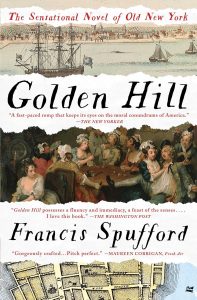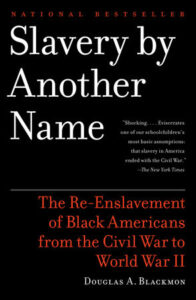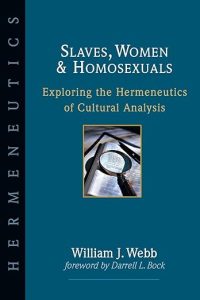 Summary: Boy of Dreams is start of an epic fantasy series.
Summary: Boy of Dreams is start of an epic fantasy series.
I grew up reading fantasy. Lloyd Alexander, Ursula LeGuin, Anne McCaffey, Piers Anthony, Raymond Feist, Tolkien and CS Lewis were part of my continual diet of reading. I re-read a number of books of my childhood about six or seven years ago, but I have not read a lot of fantasy lately.
There are a couple of reasons for this. Fantasy as a genre is a bit of a muddle. On the one hand there are those that want to turn the genre on its head, but mostly end up relying on earlier authors for jumping off points. Philip Pullman and Lev Grossman are examples of this style. Both are talented authors, but they are more about deconstruction than construction and there is a limit to my interested in deconstructed fantasy. Others like George RR Martin stay fairly close to the common ideas but push the lines on violence or sex or other cultural mores.
Traditionally, part of what I think attracts young readers to fantasy is the clear lines of good versus evil and the common theme of the young unknown having a secret power or being of noble lineage. Both I think are good themes to encourage teens to read. The pushing of boundaries is in part tearing down that traditional good vs. evil line and making everything be much more focused on the shades of gray. (V.E Schwab plays with this in each of the titles of his fantasy trilogy.)
Boy of Dreams is a first novel and a traditional epic fantasy. Whether intentional or not, there are hints of ideas from older epic fantasy. Being a first novel, and self published, there are some points where I think some editing or more experience writing would have told the story a bit differently. But I was engaged through most of the book. (I was less engaged at the start as the story was set up. After the main plot started to unfold, I read the rest of the book straight through.)
Warrenfin is a young teen, a new apprentice mage, and the main character. He is taught by the youngest full wizard, Tryphena. Magic has begun to be forgotten after many wizards turned evil and many on both sides died in the ensuing civil war. Tryphena has spent a long time (years, maybe decades) looking for a boy of prophesy that see the future in his dreams. She believes Warrenfin to be that boy, the wizard council does not. So she proceeds to start his instruction on her own, against the wishes of the council. At the same time, she has instructions from the council to investigate a war that seems to be breaking out, and which may be influenced by dark magic.







